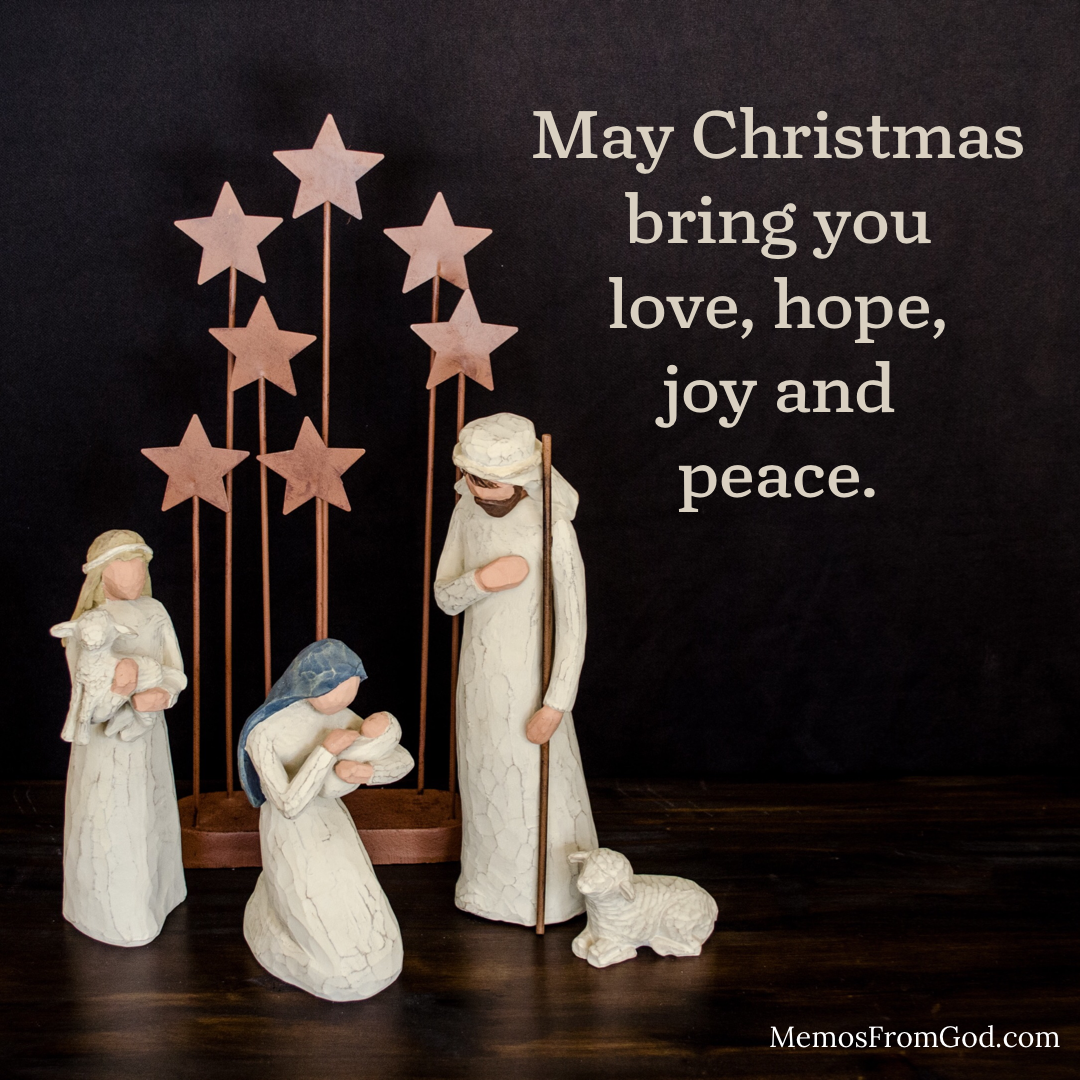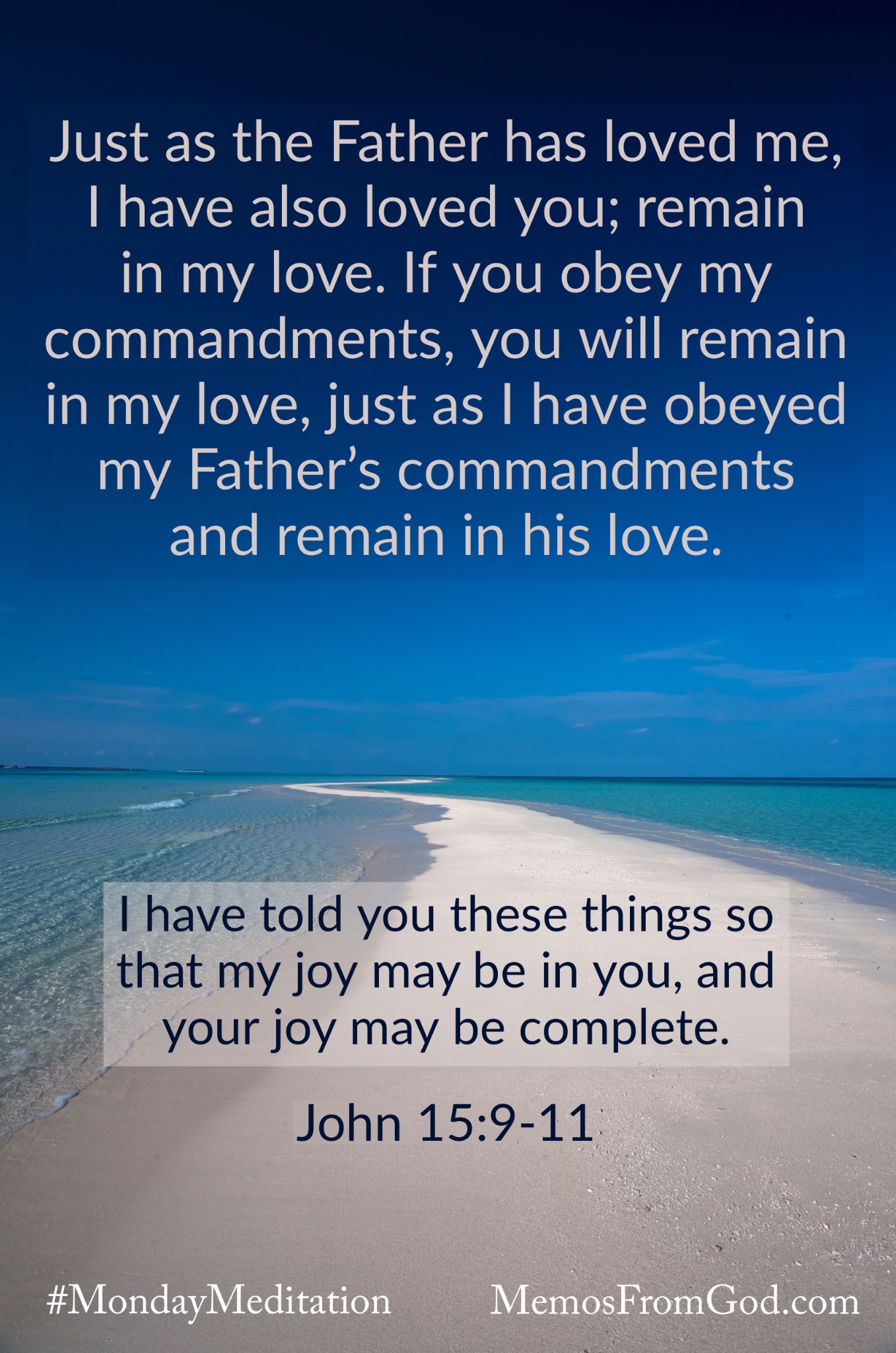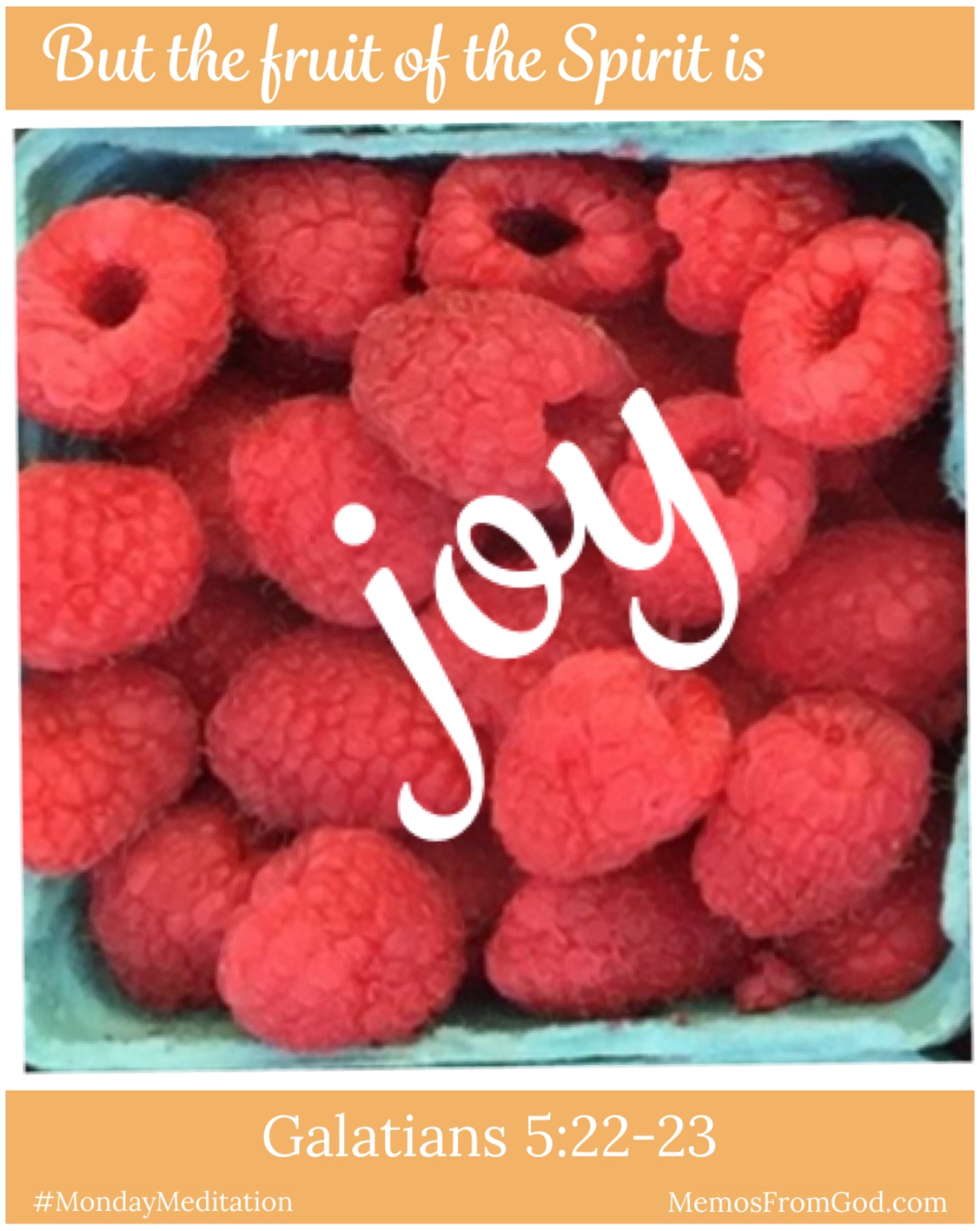

Attempting to Understand the Bible








I’m not sure exactly when or why it happened, but somehow since the time I was young an overarching societal attitude has changed. So many people today have a feeling of entitlement. I deserve…. Neither Mary nor Elizabeth felt that way. Both wondered why God had chosen them to fulfill such an important part of His plan. (Luke 1:43, Luke 1:52) They wondered what they had done to deserve such blessing, and they both came to the same conclusion. They had done nothing to deserve the honour that God was giving to them. It was all a gift of His grace.
When the angel Gabriel came to Mary to give her the news that she would give birth to God’s son, he also told her that her relative Elizabeth was going to give birth in her old age. (Luke 1:36) So Mary’s first priority became to go and see Elizabeth. We are told that she went hurriedly. She was doing the journey on foot though, and we know that she was going into the hill country, so it wouldn’t have been an easy stroll. It has been estimated to have taken three days. We are not given the reason why Mary went to Elizabeth right away, but I suspect that she was bursting to talk to someone about all that had just happened to her, and since she got news about Elizabeth from Gabriel, she knew that Elizabeth would understand and would share in her joy. Keep in mind that once Mary’s condition was obvious, there would be a lot of unjoyful reactions towards her. Talking things over with Elizabeth would certainly be a much more pleasant experience.
Not only did Elizabeth rejoice with Mary, but the baby in Elizabeth’s womb leapt for joy when Mary arrived. Elizabeth and her baby were both filled with the Holy Spirit, and therefore knew that the baby that had been conceived by the Holy Spirit had just entered. Elizabeth, whose husband Zechariah had had a lapse of faith, (Luke 1:18) blessed Mary for believing the Lord. (Luke 1:45) And Mary praised God. (Luke 1:46-55)
When the time came for John to be born, the joy was shared even further. For Elizabeth’s family and neighbours heard the news and rejoiced with her. (Luke 1:58) Rejoicing continued as the naming of the baby resulted in Zechariah getting his voice back. (Luke 1:63-64) And Zechariah praised God. (Luke 1:67-75)
Mary, Elizabeth and Zechariah were not joyful because they had received blessings that they felt they deserved, and were getting what they were rightfully due. They were joyful because God had kept His promises, blessed them, and made them each an integral part of His plan. That’s joy worth sharing!
How often have you said this to someone? If a friend has helped you out in multiple ways, you may, instead of listing each kindness, say, “Thanks for everything!” You appreciate all of the goodness. In the United States, tomorrow is Thanksgiving Day. It’s a day to pause and be thankful for the abundance of blessings we have in our lives. (Although I’m Canadian, and we celebrate Thanksgiving in October, many of my readers and some of my friends are American. So this post is in honour of their holiday.)
It’s fairly easy to be thankful for the good things in life. Dealing with the less pleasant things is a little harder. Did you know that the Apostle Paul, in his letter to the people of Thessalonica, instructed them to be thankful in everything? (I Thessalonians 5:18) Notice that it doesn’t say to be thankful for everything, but to be thankful in everything. Things may not always go well. In fact, we know that they will often not go well. (John 16:33) But we must always have an attitude of thankfulness to God. This won’t necessarily be how we feel, but we are instructed to choose to be thankful—thankful to God for His power, His goodness, His love, His sacrifice through Jesus on the cross, His gift of salvation to us, and perhaps most importantly during times of trial on this Earth, the promise of an eternity free of hardship and pain. That’s a lot to be thankful for.
This verse is actually only part of the sentence (I Thessalonians 5:16-18) which is part of the final instructions in the concluding paragraphs of Paul’s letter. (I Thessalonians 5:12-22) In these final instructions, Paul encourages his readers to respect their leaders, to live peacefully with each other and to help their brothers and sisters to live in a way that reflects Christ. The exhortations in verses 16-18 are more individual. They involve our personal relationship with God. No matter what our circumstance, we are to always rejoice. Even when we face trials of many kinds, good can come from the struggle. (James 1:2-4) We are to pray constantly. That doesn’t mean that we need to be on our knees with our head bowed and our eyes closed, although there are times when that kind of concentration in prayer is appropriate and beneficial. However, no matter what we are doing throughout our day, we can have an attitude of communion with God. We can consider Him in all of our decisions; we can pray while we are going about our daily tasks. If we consider and trust Him in all aspects of our lives, it will be much easier to be joyful and to be thankful.
Here we are a week into the new year. Is it really a happy one for you? For some there have been almost inconceivable blessings; for others, it has been one frustration after another. Others are just getting back into the work and school routine after the holidays. Either they are feeling a little let down, or they are thankful to get back to “normal” life. Whatever the circumstances of our lives are, they will almost certainly be affecting our perception of whether or not this is going to be a Happy New Year. And most of us have probably realized by now that we truly have very little control over those circumstances. Sure we can make plans and work hard to try to control our lives, but there will always be events that are beyond our ability to manage and which will influence our degree of happiness.
But what of Jesus’ promise that our joy would be full? (John 15:11) First we need to realize that joy and happiness are not the same thing. Happiness is an emotional reaction to circumstances. According to Kay Warren, author of Joy: Because Happiness Isn’t Enough, “Joy is the settled assurance that God is in control of all the details of my life, the quiet confidence that ultimately everything is going to be all right, and the determined choice to praise God in all things.”
Second, we need to look more closely at the context of that promise. This verse comes very soon after the parable of the vine and the branches, in which Jesus teaches us to abide in Him. It comes directly after Jesus tells us that He loves us just as the Father loves Him, and instructs us to remain in His love. (John 15:9) Then He tells us that the way to remain in His love is to obey His commandments (John 15:10), and that His commandment is to love each other the same way that He loves us. (John 15:12). So many people who don’t know Jesus think that following His commands would make life tedious, and would take all the fun out of living. Jesus promises just the opposite. Abiding in Him, loving Him and each other, this is what will make our joy complete.